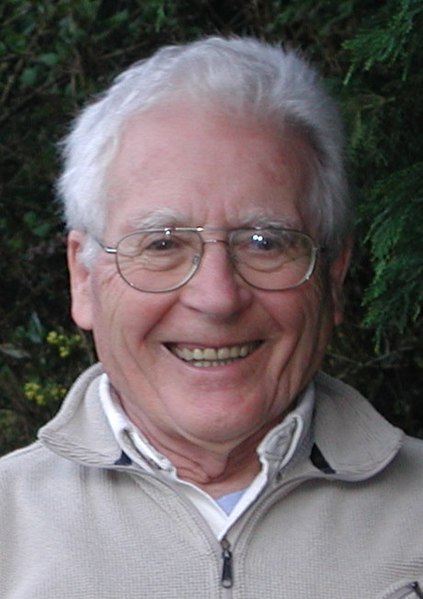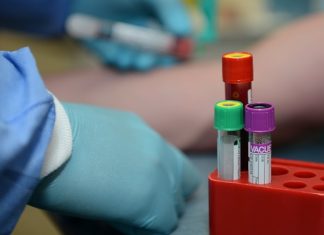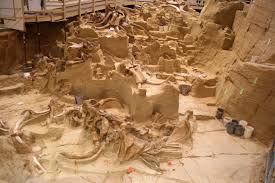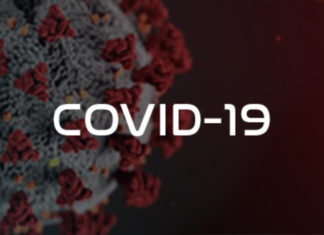In a recent book published by British futurist and environmentalist James Lovelock, the author delivers a blunt message that the reign of humans at the top of the intelligence pyramid is about to come to an end. The human race has been the only intelligent civilization on Earth for thousands of years, but with recent rapid advancements in machine intelligence, this is likely to change, and it could occur in our own lifetimes.
Lovelock refers to the new emerging race of intelligent machines as cyborgs who design and build themselves. They will be self-aware and self-sufficient versions of their predecessors, the computer systems that are currently subservient to mankind. In spite of this frightening thought, Lovelock doesn’t foresee these superior beings turning against humanity as has been portrayed in many popular movies such as The Matrix and Terminator.
There are many noteworthy people currently weighing in on the topic of the threat of superior intelligence. People like Elon Musk feel that humanity is in imminent danger from autonomous AI because they possess no innate sense of value toward living things. On the other hand, noteworthy scientists such as Ray Kurzweil foresee a merger between humans and machines that will allow humans to escape extinction.
Lovelock refers to the coming new era of machine dominance as the “novacene,” which means literally “new new” or new beginning. The first stages of the novacene have already begun with machine AI such as AlphaZero that can perform problem solving and intuition beyond what any humans can accomplish in strategy games such as Go and Chess.
With the incredibly fast processing capabilities of computers, their intelligence will soon become millions of times more powerful than our own. In some ways, they already surpass us in certain problem-solving and thinking tasks such as medical diagnostics and image recognition.
Lovelock also poses the question of what the new generation of self-aware machines will look like when they design and build themselves. They will not have any innate desire to look like humans or other living creatures. Their bodies are likely to take on a form and function that could be more efficient than anything humans could conceive of. Lovelock also speculates that AI might prefer to forego a physical body in favor of a virtual existence within mainframe computers like the AI characters in The Matrix.
This is not the first time that Lovelock has gained worldwide attention for his futurist theories. He is also renowned for inventing the Gaia Hypothesis in 1974 along with biologist Lynn Margulis. This theory described the biosphere of the earth as a single organism that is capable of modifying the environment and ridding itself of organisms that threaten the balance of the ecosystem.









